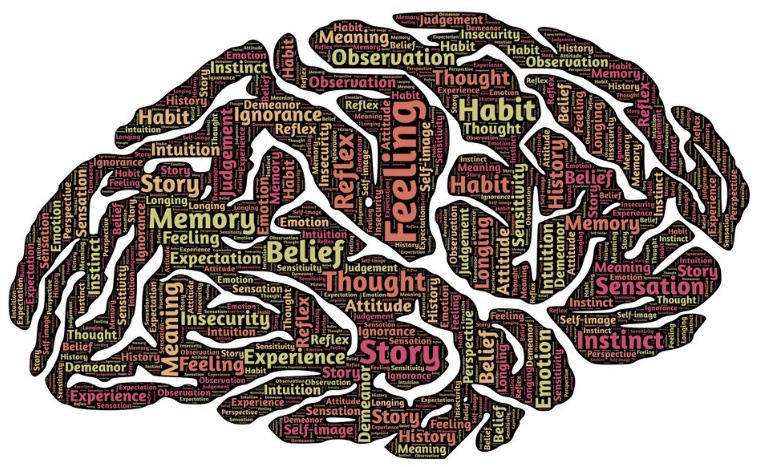The Importance Of Mental Strength For Race Car Drivers
 |
| Mental strength is very important for a race car driver |
Motorsports is a unique sport in many ways. It's one of the only sports where one mistake, one wrong turn, one millisecond of distraction can have huge consequences, both monetary and more importantly of life or death.
Couple this with extremely limited practice, and the pressure of having the hopes and dreams of a full team of people who’ve spent countless man-hours preparing the race car, all fall in the hands of one person, and you’ll start understanding the crucial role that mental health plays in a race car driver’s career.
Dealing with Adversity or Challenges
May 18, 2015 is a day that changed James Hinchliffe’s life forever. A suspension failure during practice for the Indy 500 caused James Hinchcliffe to hit the Turn 3 wall at over 200mph, with an impact of 128 Gs. The violent impact shot a piece of suspension through the monocoque, impaling Hinch’s legs and cutting his femoral artery. These life threatening injuries would go on to sideline him for months, and recovery became Hinchcliffe’s biggest challenge, both physically and mentally.
“My accident was obviously the biggest set back I’ve had in my career. Driving the car one moment, waking up strapped to a backboard, in a neck brace, tube down my throat, surrounded by doctors the next," said Hinchcliffe. “The doctors told me the quickest way back into a race car was to do nothing. My body needed to heal, and I needed to rest for that to happen. As an athlete and competitor, my brain is wired to push myself. To push my limits. Doing that in this case would’ve been a huge setback, but just ‘sitting around’ wasn’t something that came easily to me. So I turned it into a competition. As soon as I accepted the fastest way back was to rest and do nothing, I made a competition of how much nothing I could do in a day. I wore a pedometer to track my steps and not go over a certain amount. I would plan out my meals and bathroom breaks strategically to spend as much time resting as I could. Once I shifted that mentality of pushing myself to the thing I like doing the least – doing nothing – I excelled and my recovery flew by. I was back in a car a full two months sooner than the doctors predicted, and that was because of the mindset I was able to put myself in throughout that challenging time."
Dealing with these types of challenges can be extremely draining to a driver and a successful physical recovery will vary greatly depending on mental strength.
“Mental strength during recovery or in times of adversity, means that you are looking at the event/injury as a challenge, the same way as you would look at a championship," said Santiago Calderon, Speed Group’s Mental Strength Coach. “If you are looking at it as one thing, it may cause you to feel overwhelmed, frustrated, or unmotivated from your lack of improvement. This is why you have to focus on the small, mundane moments and give them 100% effort to be able to achieve the bigger results."
What mental strength techniques can help an individual handle adversity or challenges?
-
-
Using a journal or a log is crucial as it gives the individual a record of their achievements
-
Keep track of the “little wins" of recovery (More range of motion, less pain, less frustration, etc.). This can be used for moments of frustration or helplessness when the individual isn’t able to see improvements, but can look back at these wins and see that they have had overall improvements
-
Motorsports is all about data, right? Having these little bits of data over a long period of time makes it easier to chart, and literally see “improvement" on paper.
-
-
Keeping track of moments that were hard or difficult can help with the visualization script and how to get past them next time, or knowing to expect them so they are not as big of a “punch".
-
-
For more mental strength techniques be sure lookout for Part 2.
[adinserter name="GOOGLE AD"]
